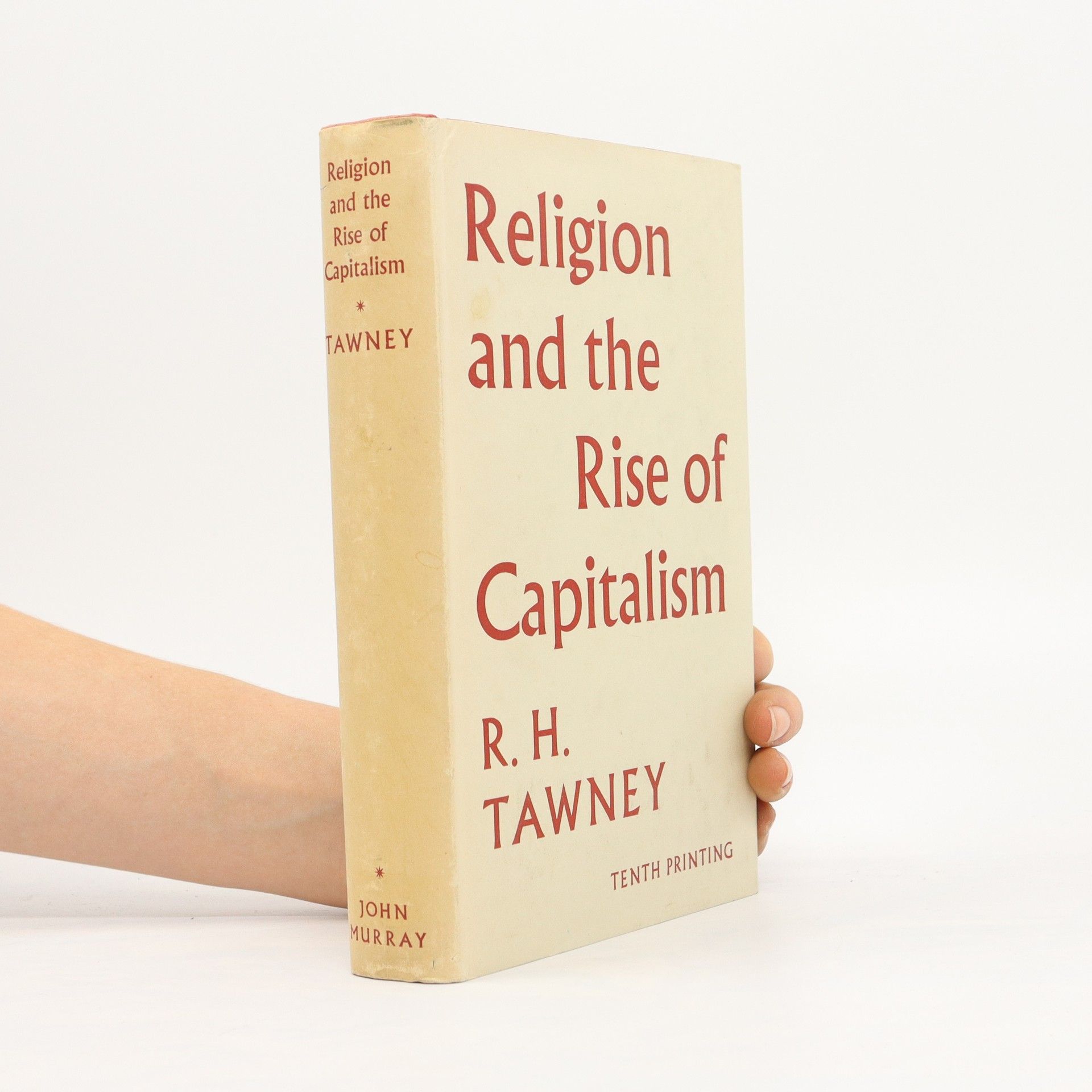Exploring the intertwined histories of capitalism and religion, R. H. Tawney delves into the Middle Ages to uncover how these two forces shaped one another. He refrains from using jargon, presenting a balanced analysis that highlights the impact of religious developments, particularly the Protestant Reformation, on economic systems. First published in 1926, Tawney's insights resonate today, providing a framework for understanding the complex relationship between social ethics and economic practices in contemporary society.
R. H. Tawney Livres




The Acquisitive Society
- 134pages
- 5 heures de lecture
The Acquisitive Society explores significant themes in human history, emphasizing the importance of its ideas. This modern edition has been carefully reformatted and redesigned to enhance readability, ensuring that the text remains clear and accessible. The preservation efforts aim to keep the work relevant for both current and future generations, highlighting its enduring value.
A classic of political economy that traces the influence of religious thought on capitalism
The Agrarian Problem In The Sixteenth Century
- 478pages
- 17 heures de lecture
R.H. Tawney's first major work explores the agrarian issues of the sixteenth century, providing insights into the economic and social dynamics of the time. Written during his tenure at Oxford University, it delves into the implications of agrarian change, examining how it affected society and class structures. The book lays the groundwork for Tawney's later contributions to economic history and social theory, making it a significant text for understanding the historical context of agrarian problems.